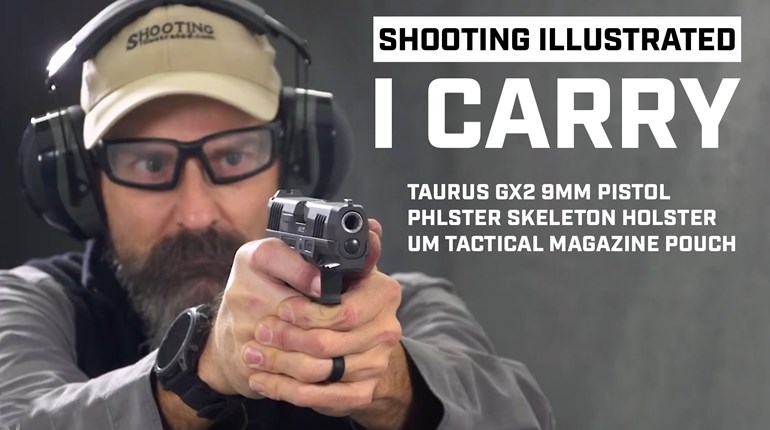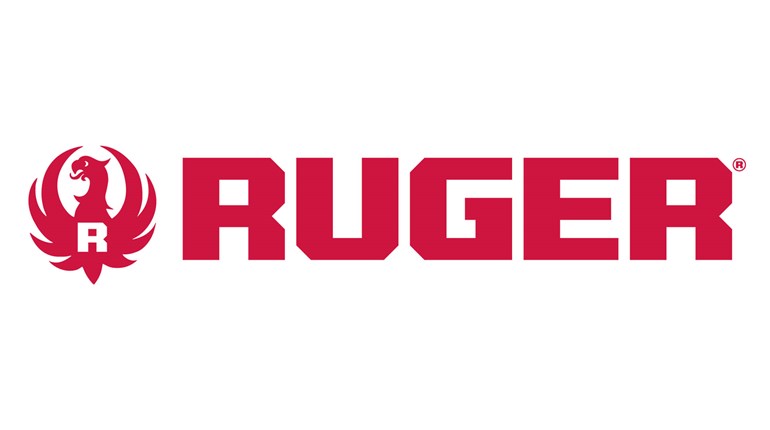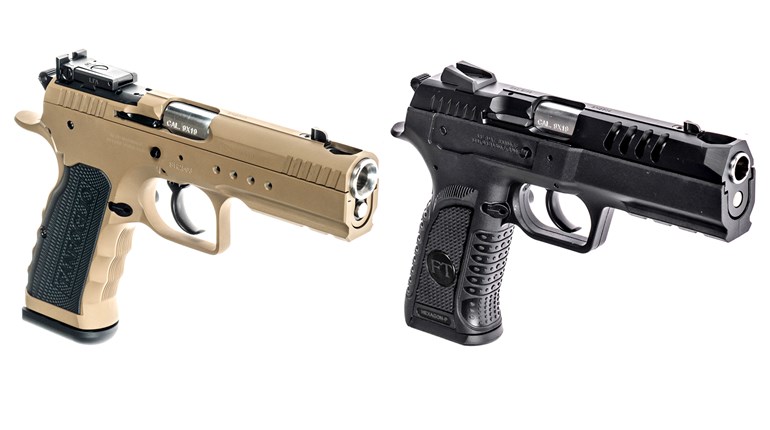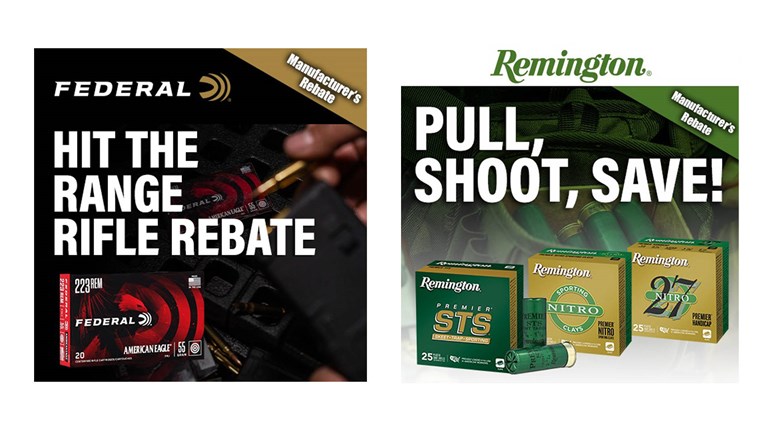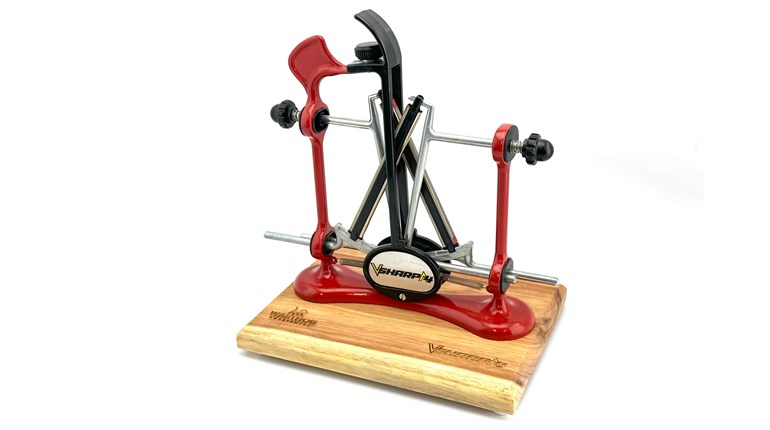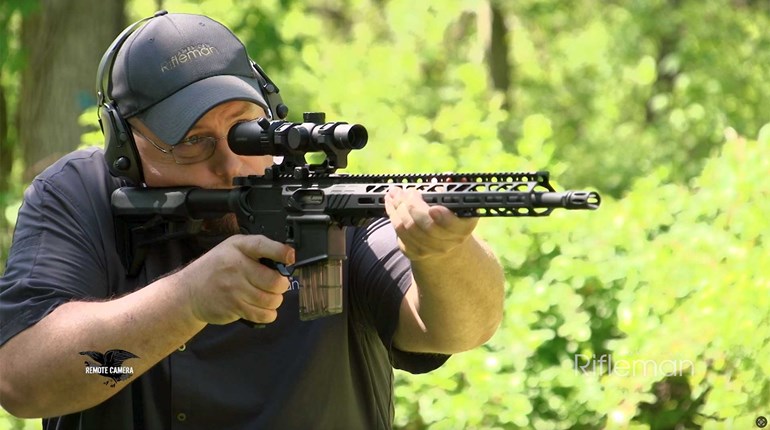Firearm: Ruger LCR in .38 Special (MSRP: $579)
It might be hard to believe, but Ruger’s LCR has been available for more than a decade now. Released in 2009, the LCR was initially available in .38 Special only, then .357 Magnum fairly shortly thereafter. Since then, the LCR line has expanded to rimfire offerings, .327 Federal Magnum and even 9 mm - but the good old .38 Special was first. The years would bring longer barrel lengths and double-action/single action models as well, but for concealed-carry purposes, the original, enclosed-hammer model with a 2-inch barrel is still the go-to, and the one we have today.
When it was introduced, the LCR represented a sea change in doing business for Ruger. Ruger revolvers had been, well, not exactly concealed-carry friendly before the LCR. The smallest model in Ruger’s lineup was the SP101, which weighed in at 25 ounces - more than double that of Smith & Wesson’s lightweight 340PD. While there’s no doubt the SP101 is more friendly for the shooter, it’s hard to justify nearly a pound more in weight with the same capacity. The LCR changed this in an instant, bringing the weight far more in line with that of Smith & Wesson’s line of revolvers.
Initially, only double-action-only models were available, in keeping with the concealed carry theme. If not the first revolver with polymer in its construction, the LCR was certainly the most popular, and spawned a mini-revolution in polymer-framed revolvers pretty much from the day it was launched. The cylinder and barrel are, of course, steel, but the frame surrounding the cylinder where the barrel attaches is aluminum and the grip and fire-control group are polymer. This brings the weight down to 13.5 ounces, pretty much the equivalent of the Smith & Wesson Airweight line. Another advantage to the polymer frame? In the warmer months, it’s far more resistant to sweat than other materials. More on that aspect of the LCR later.
If you’re looking for the LCR’s hammer, it’s enclosed, leaving a snag-free wheelgun perfect for a pocket holster or inside-the-waistband carry. With the two-inch (1.87-inch to be specific) barrel, there’s a fairly short sight radius, which, when combined with the double-action trigger pull, black front sight and fixed rear notch, can make the LCR challenging when it comes to accuracy on the range - more on this later, too.
Accessory: Crimson Trace Lasergrip (MSRP: $329.99 red, $409.99 green)
Remember how I just said the double-action trigger, combined with minimalist sights and a short sight radius made the LCR challenging to shoot? One of the ways to remedy this is to make the front sight more visible - it’s pinned on the LCR and can theoretically be swapped out for a fiber-optic sight, brightly colored insert or other, more visible option. Or, if you’re cheap like me, you’ll spend $3 on a paint marker and put a dab on the front sight. If you really start to get serious about shooting the LCR defensively, though, Crimson Trace Lasergrips are the way to go.
With the instinctive activation of the Lasergrips, the red - or green - laser dot appears when you achieve a normal firing grip on the LCR. This allows rapid target acquisition while still keeping your eyes on the threat, rather than searching for the black front sight in a black rear notch. While you obviously need to zero the laser properly (and we’ve run a number of features on zeroing a handgun laser here at Shooting Illustrated), once zeroed and tested you’re all set. Another advantage of a Lasergrip on a defensive handgun? You can clearly see the result of a good trigger press in dry-fire practice.
Holster: PHLster City Special (MSRP: $79.99)
We’ve established that the Ruger LCR is lightweight and easy to carry, so why not pair it with a holster that’s equally easy to carry? PHLster’s City Special is fully ambidextrous and molded to accept revolvers with Crimson Trace Lasergrips, and its pull-the-dot single loop makes putting it on a belt ridiculously simple. The City Special comes with PHLster’s proprietary TuckStrut for appendix carry, which helps to reduce printing.
This rig is excellent for summer carry, with nearly impervious-to-weather construction and light weight. Paired with the Ruger LCR, weight is kept to a minimum while still offering a pretty high level of sweat resistance, important for the warmer months. Whether you’re grabbing this setup to run a few errands or for all-day carry, it’s rock-solid, dependable and comfortable - everything you want in an EDC rig.
